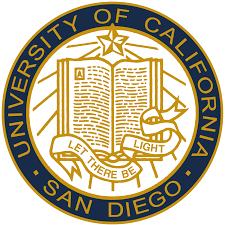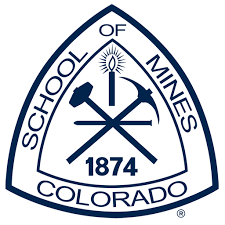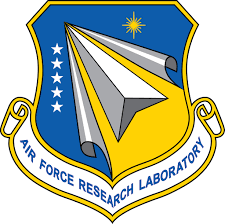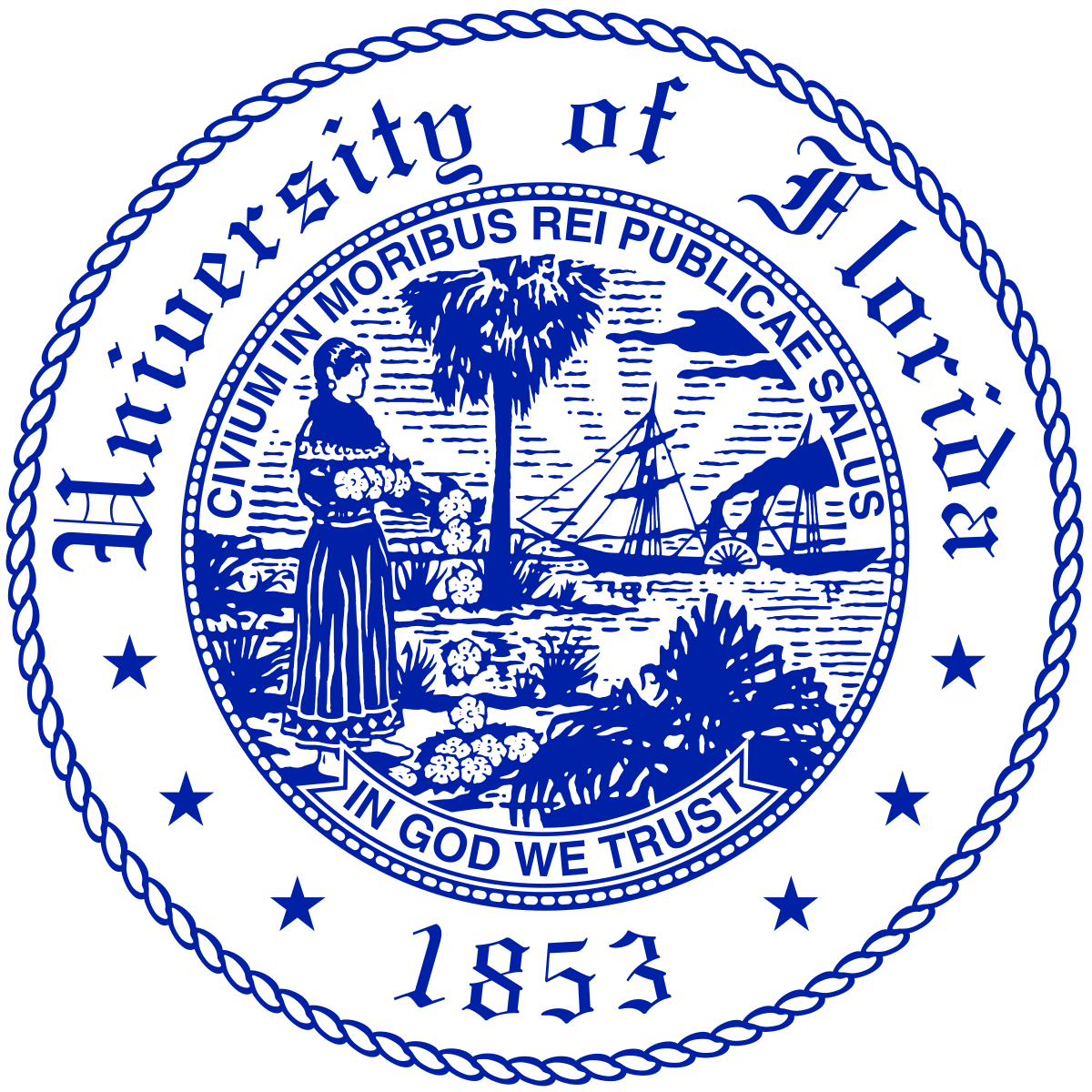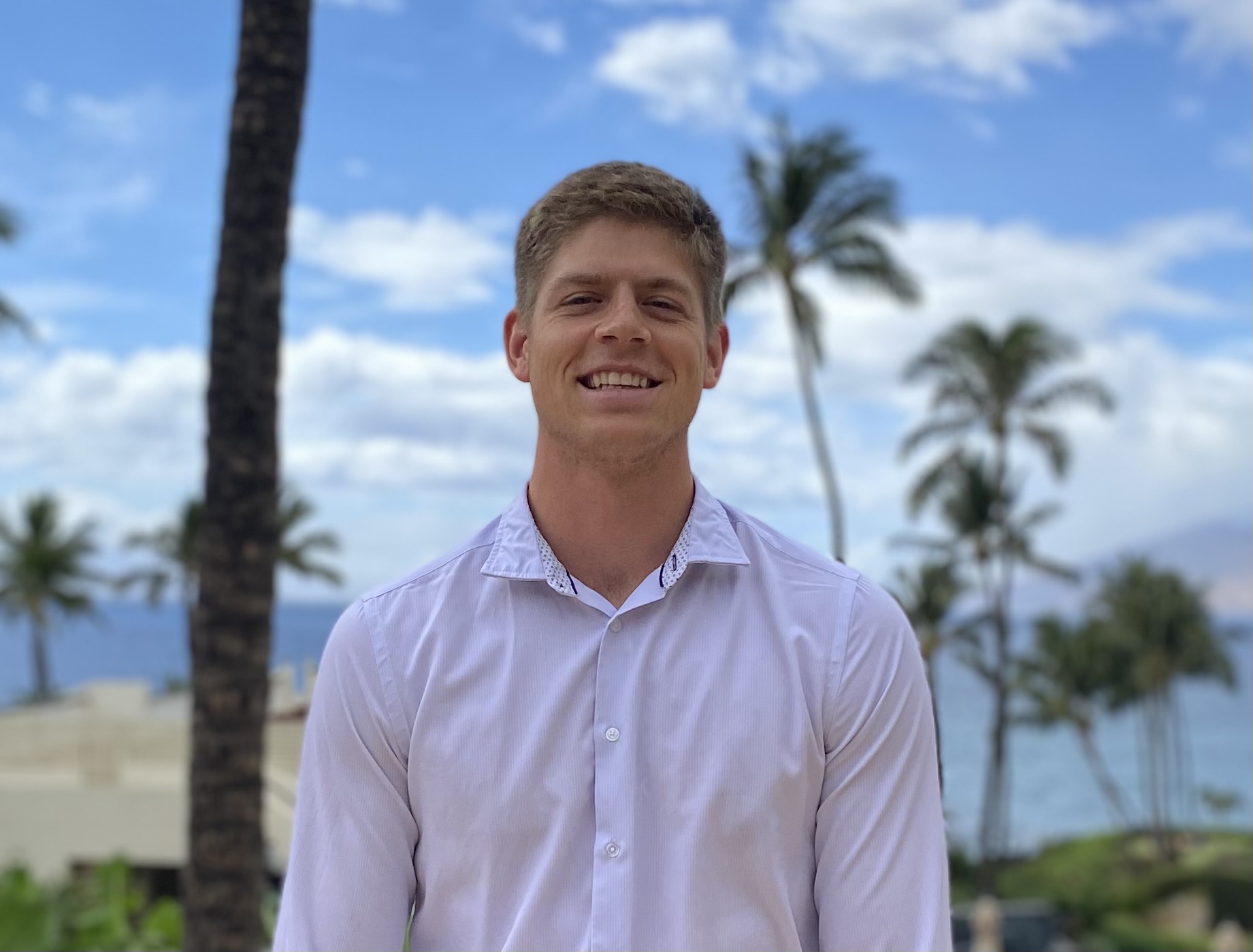Spaceflight, Applied Mechanics, and Orbital Systems (SAMOS)/Flow Control Coordinated Robotics (FCCR) Research Student
Benjamin Hanson is a Ph.D. pre-candidate at UC San Diego, majoring in Aerospace Engineering, with a focus in astrodynamics and nonlinear state estimation. Co-advised by Dr. Thomas Bewley and Dr. Aaron Rosengren, Benjamin is currently pursuing research in the fields of uncertainty propagation and state estimation for artificial satellites in xGEO and deep space. He is a NASA Space Technology Graduate Research Opportunities Fellow, pursuing work in the field of uncertainty propagation for icy-moon missions with Dr. Todd Ely of JPL. In the summer of 2023, Benjamin interned at the Air Force Maui Optical and Supercomputing (AMOS) observatory as a part of the U.S. Air Force Research Lab Summer Faculty Fellowship Program.
Benjamin graduated summa cum laude from the Colorado School of Mines in May of 2022 with a B.S. in Engineering Physics, a minor in Robotics and Intelligent Systems, and an area of special interest in Space and Planetary Sciences Engineering. He was a member of Dr. Ning Wu’s chemical and biological engineering lab for two years, working in the field of synthesis and propulsion of microbots. His contributions earned him co-authorship on a publication in Langmuir, entitled “Synthesis and Propulsion of Magnetic Dimers under Orthogonally Applied Electric and Magnetic Fields”, with multiple presentations in the Colorado School of Mines Undergraduate Research Symposiums. Additionally, Benjamin worked with Dr. Frederic Sarazin on his research in cosmic ray detection via simulation, specifically for the calibration of the Auger@TA detection array. For this work, Benjamin received “Best Technical Project by an Individual” in the 2022 Colorado School of Mines Senior Engineering Physics symposium.
In 2021, Benjamin was accepted into the National Science Foundation (NSF) REU in the University of Florida’s astronomy department. Benjamin was advised by Dr. Paul Torrey and worked on developing a Markov Chain Monte Carlo framework for predicting the properties of galaxies via decomposition of galactic spectral energy distributions. Benjamin presented his work at the Summer 2022 AAS Goddard symposium in Pasadena, CA, where he earned a Chambliss Astronomy Achievement Student Award Honorable Mention.
